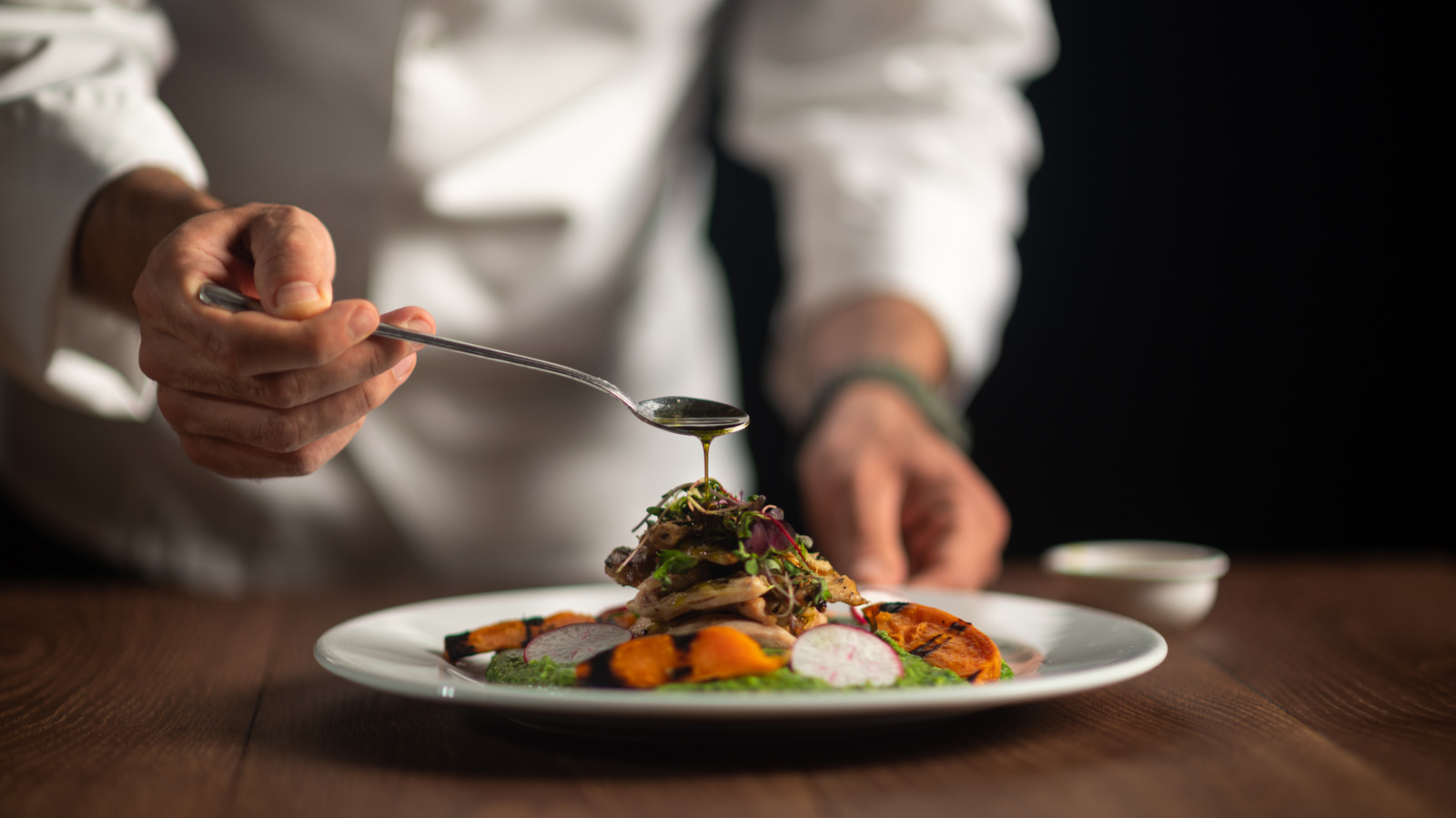
"Given the often overlapping roles of professionals working together in the kitchen, it can be difficult to articulate the exact difference between chefs and cooks. However, even though the catchall "chef" and "cook" are titles that do not expressly appear in the kitchen brigade system, the difference between them largely comes down to allocation of roles. In a professional kitchen, chefs are more involved with creative control, responsibility, and direction, while cooks handle the hands-on execution of the chef's dishes with mastery."
"Beyond instructing the team of cooks, chefs are expected to have an encyclopedic knowledge of cooking techniques and flavor dynamics, representing the highest tier of the hierarchy that comes from years of experience in both cooking and team leadership. Administrative tasks such as scheduling and payroll also often fall to the kitchen's chef in the absence of a restaurant manager. Behind the scenes (i.e., after hours), chefs must also continue updating and reimagining new menus."
Chefs hold creative control, responsibility, and direction in professional kitchens, while cooks execute dishes with technical mastery under that guidance. Chefs often rise from cook positions over years within the kitchen hierarchy and carry broad culinary knowledge of techniques and flavor dynamics. Chefs also manage team instruction, leadership duties, menu development, and sometimes administrative tasks like scheduling and payroll when a manager is absent. Cooks master specific line-station skills and specialized techniques, executing recipes precisely. Culinary degrees are common for chefs but not required for cooks, who frequently advance through hands-on experience.
Read at Tasting Table
Unable to calculate read time
Collection
[
|
...
]